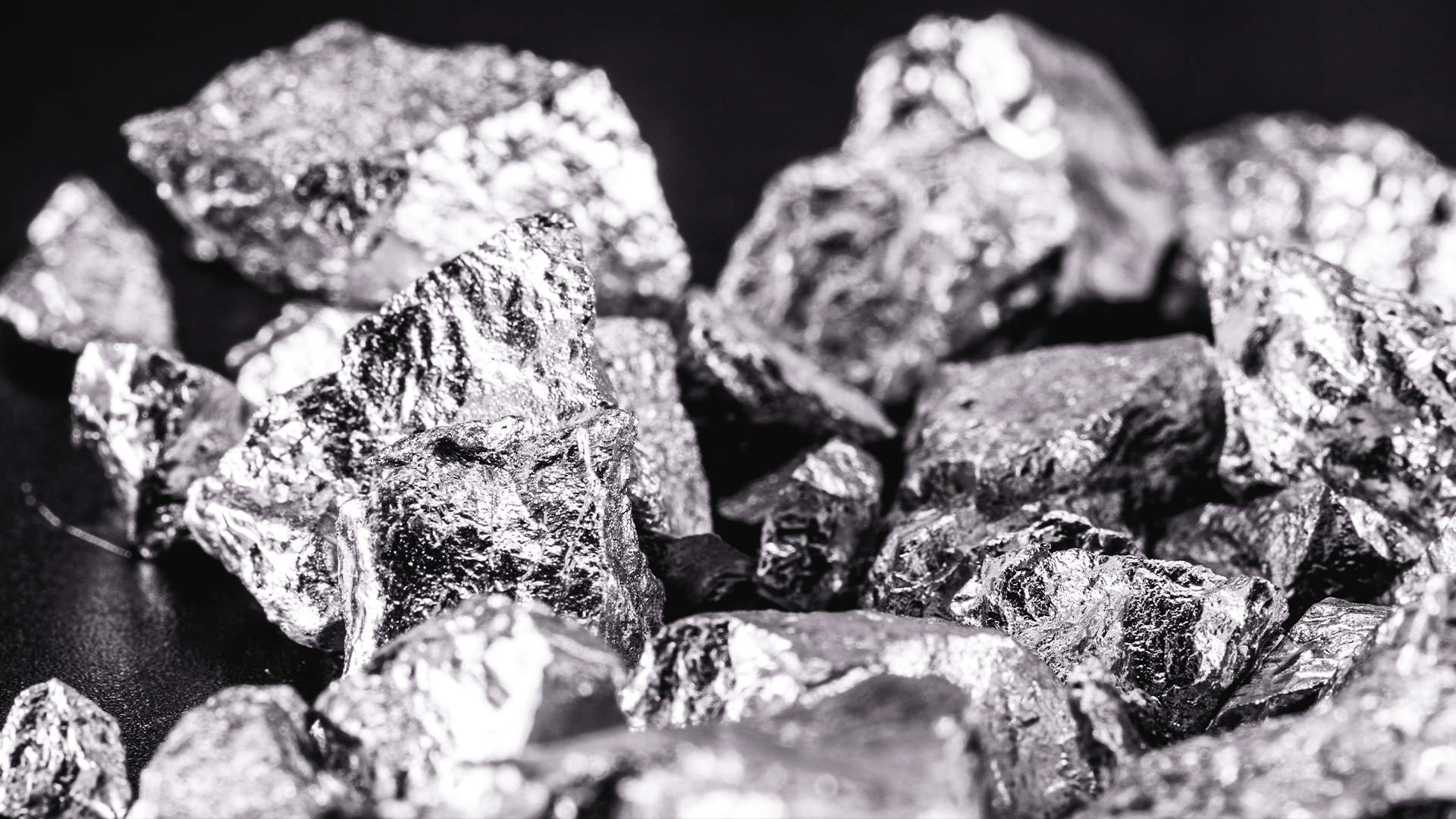
Scientists have genetically modified a tiny bacterium to rapidly purify the rare-earth metals used in computers, electric car batteries and hard drives.
The new technique, described in a paper published Dec. 6 in the journal Synthetic Biology, could one day replace the environmentally harmful methods currently used to separate these elements from the metals with which they're normally found, researchers said.
Rare-earth elements (REEs), or lanthanides, include the elements dysprosium, terbium and neodymium and are found on the third group and sixth row of the periodic table. Normally found in ores from mines, their unique magnetic, luminescent and electrical properties make them useful for modern technologies, and demand for them is rising.
Purifying these materials, however, relies on solvent extraction, the process of transferring compounds from one liquid solvent to another. But this requires high temperatures and polluting chemicals, according to the study. "Traditional thermochemical methods for separating lanthanides are environmentally horrible," lead author Buz Barstow, assistant professor of biological and environmental engineering at Cornell University, said in a statement. "It's difficult to refine these elements. That's why we send rare earth elements offshore — generally to China — to process them."
Related: Why are rare earth elements so rare?
In the new study, however, the researchers got around this process by genetically modifying the bacterium Vibrio natriegens to extract these valuable elements through a process known as biosorption. This uses biological matter — such as bacteria — to remove particular elements from a mixture by adsorption, or binding the target elements to the surface of cells.
The team used V. natriegens — a salt-loving marine bacterium discovered in 1958 — because it has the fastest growth rate of any known organism and doesn't cause disease in humans. It's a promising alternative to Escherichia coli, not only because it grows quickly, but also because it consumes energy at a high rate, according to a 2021 paper published in the journal Essays in Biochemistry.
In the new research, scientists introduced a plasmid, or small, transferable ring of DNA, into V. natriegens. The plasmid introduced errors into the genome.
They then tested 96 genetically modified versions of the bacteria against samples of dysprosium, a commonly-used rare-earth metal. One of their mutants boosted extraction by 210% as compared with unmodified V. natriegens.
These results are important because they "give us a shot to leapfrog thermochemical methods," said Barstow, especially because the U.S. no longer has expertise in this kind of processing due to its history of outsourcing. It may be possible to engineer different types of bacteria to make the method cheaper than other biological methods, he added.
Although the scientists described the changes to biosorption as "significant," they said more work needs to be done to make this a viable system to purify rare-earth metals from metals and from each other. The bacteria need to be optimized to work with samples where many metals are mixed together, as well as optimized to adsorb specific rare-earth metals over others, when needed.
Nevertheless, the scientists believe this study proves bacteria can one day be engineered to one day replace solvent extraction as the go-to method for purifying rare-earth metals.







